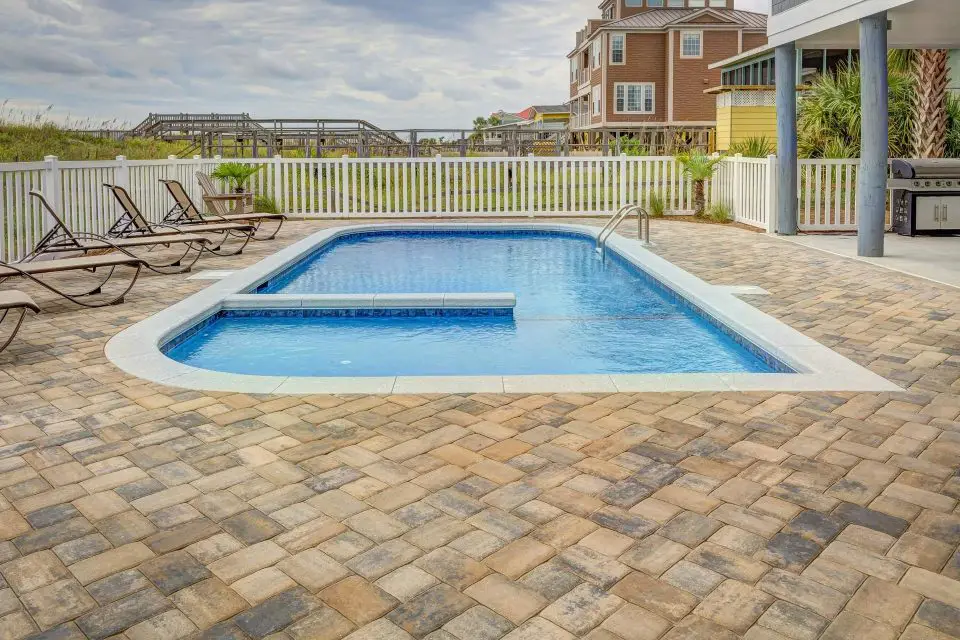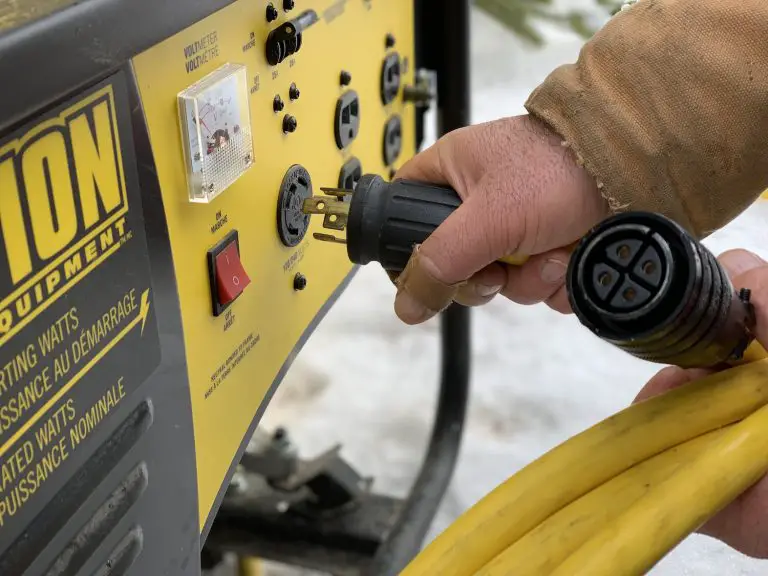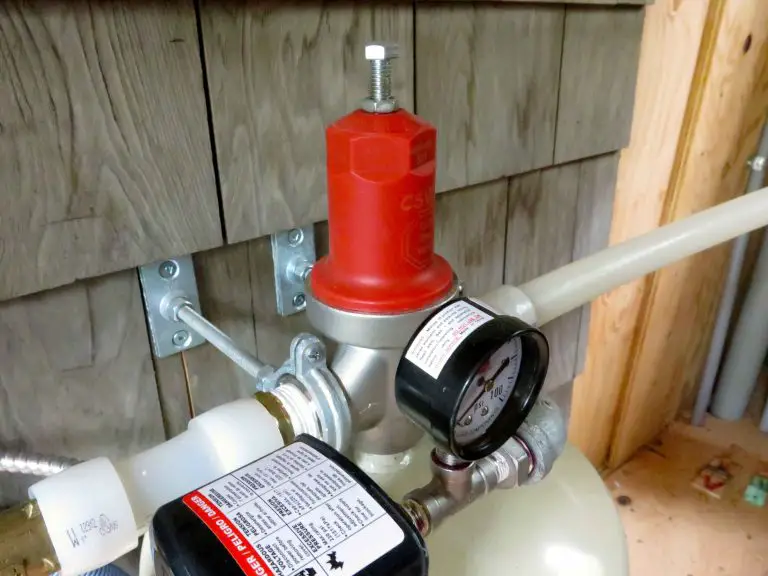
Sun, swimming, and Florida go hand-in-hand. You can dip your toes in the Gulf or Atlantic Ocean depending on where you’re at in the Sunshine State. Not close to a beach or tired of dealing with sand in your bathing suit? Just hop in a swimming pool, there may even be one in your backyard.
If you’re thinking about installing an above-ground pool, hold off until you check Florida law. Sometimes, navigating Florida’s above-ground pool laws can be challenging. However, getting it wrong can result in more than a fine. You may be at risk for injuries or even fatalities.
Florida’s Above-Ground Pool and Safety Laws
Any above-ground swimming pool in Florida installed after January 1st, 2000, is required to meet all requirements in Chapter 15 Section 29 of the state’s statutes. The above ground pools law is designed to protect small children who might wander into the pool and drown.
A recent study found a child under five dies in one of these pools every five days in the summer, and 43% of these fatalities are from an unattended child. Just because you have a fence around your pool doesn’t necessarily mean you’re meeting the law’s requirements. Here’s what you need to do if you have an above ground pool that’s more than 24 inches deep.
Above Ground Pool Fences
Florida law is pretty clear if your pool is deeper than 24 inches. Any pool 24 inches and deeper must be enclosed by a barrier. This applies to above ground pools as well. The fence must be at least 4 feet tall, non-climbable, and must have a self-latching gate. The barrier should also be at least 1.5 feet away from the edge of the pool.
If you have a spa or hot tub, you may not need to fence it in. Even though hot tubs and spas tend to be deeper than 2 feet, they’re not classified as swimming pools. The thinking is children are less likely to wander into a spa or hot tub compared to a swimming pool. You should still plan on checking with local laws, these can change by city and county.
Ladder Position Is Key
Yep, the Sunshine State’s above ground swimming pool law extends to ladders. You can’t leave a ladder up when the pool’s unattended. If a child falls in, you don’t have time to put the ladder in place. Every second counts when someone’s drowning.
Most manufacturers will put a list of warnings on the product box as well as in an enclosed brochure. Some warnings you can probably ignore, like the ones stating swallowing clothes hangers is a choking hazard. The warnings on pool ladders are different. These are the ones you want to pay attention to.
Diving is Probably Illegal
As mentioned before, any pool that is deeper than 24 inches must follow barrier regulations according to Florida law. But did you know that it is also illegal to dive into a pool that is not explicitly designated for diving? This means that all above ground pools are off the table for diving. This may seem like a no-brainer, but accidents can happen.
Educating your pool guests is a great way of avoiding this potential hazard. If you’re wondering about diving boards, they’re also illegal in above ground pools.
Electrical Components
It’s important to remember that above ground pools still require electrical equipment, such as pumps and heaters. Florida law requires that all electrical equipment for your pool must be installed by a professional with a valid license. This includes wiring and switches.
Additionally, all equipment must be grounded and bonded. Keep in mind that using unlicensed contractors can not only be illegal, but it may also put you and your family in danger.
Draining an Above Ground Pool
Pool drainage can be tricky. In Florida, it is illegal to drain your pool into the street or storm drain. The water from your pool contains chemicals and can pollute bodies of water or make its way into the ocean. Instead, pool drainage should be directed to your own property to avoid any environmental hazards.
Keep Your Pool Clean
If you neglect your pool or fail to keep it in good condition, you may get cited for creating a health hazard. Algae and bacteria can grow quickly in standing water. Make sure to frequently clean your pool, treat it with chemicals, and always keep an eye on water quality.
Enjoy Your Above Ground Swimming Pool
Just imagine ducking out your door and being able to jump into the water. Above-ground pools have a ton of advantages but there are also laws to follow. Violating Florida’s swimming pool laws places yourself and others at risk for injuries or worse, death.












